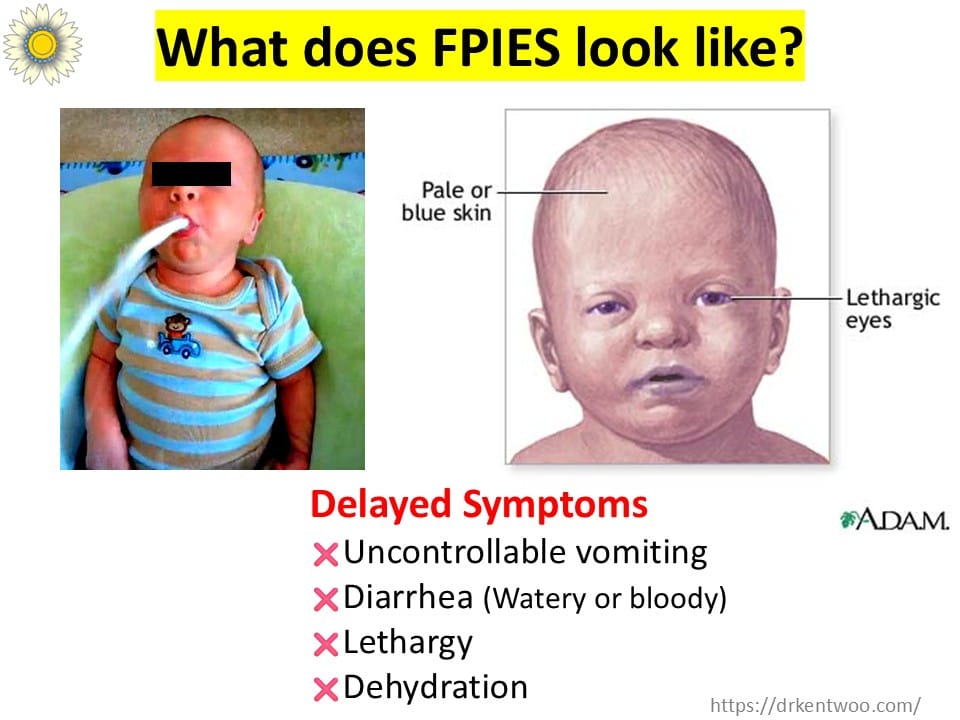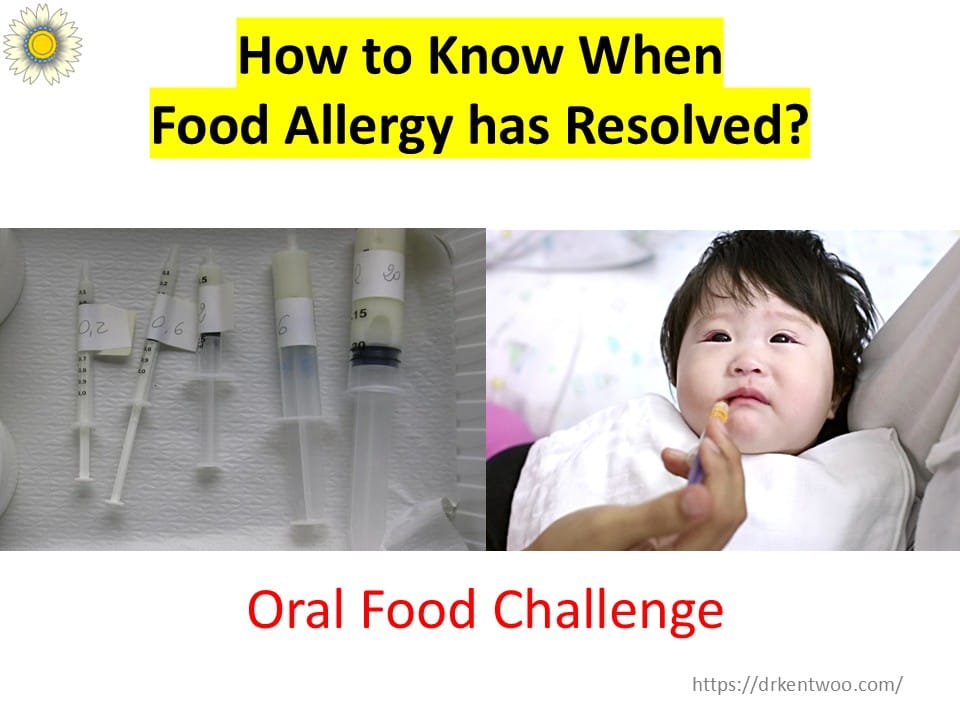Could Your Child Have FPIES? Understanding This Delayed Food Allergy Reaction
If your baby has ever had sudden, severe vomiting a few hours after eating a certain food—especially milk, soy, or rice—you may have wondered: Is this a stomach bug? Food poisoning? An allergy?
There’s a little-known condition that could be the cause: Food Protein-Induced Enterocolitis Syndrome (FPIES).
What is FPIES?
FPIES is a type of food allergy, but it’s not the kind most people are familiar with. Unlike typical food allergies that cause immediate hives or breathing issues, FPIES symptoms are delayed—usually appearing 1 to 4 hours after eating the trigger food.

The reaction is severe, often causing:
🚨 Uncontrollable vomiting
🚨 Watery or bloody diarrhea
🚨 Lethargy (extreme tiredness, unresponsiveness)
🚨 Dehydration and shock in severe cases (15-20% of reactions)
Because of these symptoms, many children with FPIES are mistakenly diagnosed with sepsis (a severe infection) or gastroenteritis (stomach flu).
How is FPIES Different from a Typical Food Allergy?
Most food allergies involve the immune system’s IgE antibodies, which trigger hives, swelling, or anaphylaxis within minutes. FPIES, however, is a non-IgE mediated reaction, meaning:
❌ Standard allergy tests (IgE blood tests, skin prick tests) are NOT helpful
❌ There are no quick lab tests to confirm FPIES
✅ Diagnosis is based on recognizing the pattern of symptoms
What Foods Trigger FPIES?
FPIES can be triggered by many foods, but the most common culprits are:
🥛 Cow’s milk
🥜 Soy
🍚 Rice
🥔 Oats, sweet potato
🐔 Eggs, chicken, fish (less common)
Some babies react to just one food, while others may have multiple triggers.
How is FPIES Managed?
The only treatment for FPIES is strictly avoiding the trigger food.
✔️ For babies: Breastfeeding is encouraged, as it may offer some protection. If formula is needed, extensively hydrolyzed casein formulas (or amino acid-based formulas) are recommended.
✔️ For older children: Careful dietary planning ensures proper nutrition while avoiding the problem foods.
If an accidental reaction occurs, prompt medical attention is crucial—especially if dehydration or lethargy develops. Some severe cases may require IV fluids and hospital care.
Will My Child Outgrow FPIES?

The good news is that most children outgrow FPIES by age 3 to 5. However, the only way to confirm this is through an oral food challenge, which should be done under medical supervision in a controlled setting.
Worried Your Child Might Have FPIES?
If your little one has had unexplained vomiting, diarrhea, or signs of shock after eating, it’s important to speak with an allergist experienced in FPIES. A proper diagnosis can help prevent unnecessary hospital visits and give you peace of mind.
📅 Book an appointment today to learn how to safely manage FPIES and keep your child healthy and thriving!




